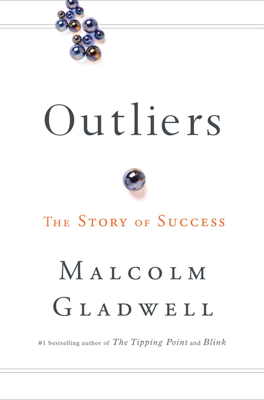The Ethnic Theory of Plane Crashes
Malcolm Gladwell explores the influences of cultural legacies on airline safety, using Korean Air's high incidence of plane crashes in the 1990s as a case study. Korean Air's crash rate was notably higher than that of other airlines, such as United Airlines in the United States. This raised international concerns and led to an audit that severely criticized the airline's operational practices, including poor cockpit communication and inadequate pilot training.
Language barriers and cultural attributes particular to Korea, specifically high power distance (a measure of how much less powerful members of organizations accept that power is distributed unequally), played significant roles. For example, Korean co-pilots were hesitant to challenge or correct their captains due to cultural norms that stressed deference to authority. In a review of cockpit recordings, it was noted that essential remarks from co-pilots and engineers were often phrased as subtle hints rather than direct statements, potentially leading to catastrophic misunderstandings.
David Greenberg, a former executive from Delta Air Lines, was brought in to revamp the airline's operations. His approach included emphasizing English proficiency to simplify communication, especially under stress, and overhauling training programs to better align with global aviation standards. These changes led to Korean Air transforming its safety culture, drastically reducing its accident rates, and ultimately restoring its global reputation.
The chapter underscores the critical impact of cultural perspectives on communication and safety in high-stakes environments, illustrating the need for adaptation and awareness in global operations. Gladwell argues that acknowledging and addressing the influence of cultural legacies can lead to improved outcomes, drawing a broader conclusion about the power of cultural contexts in influencing professional success and organizational safety.
